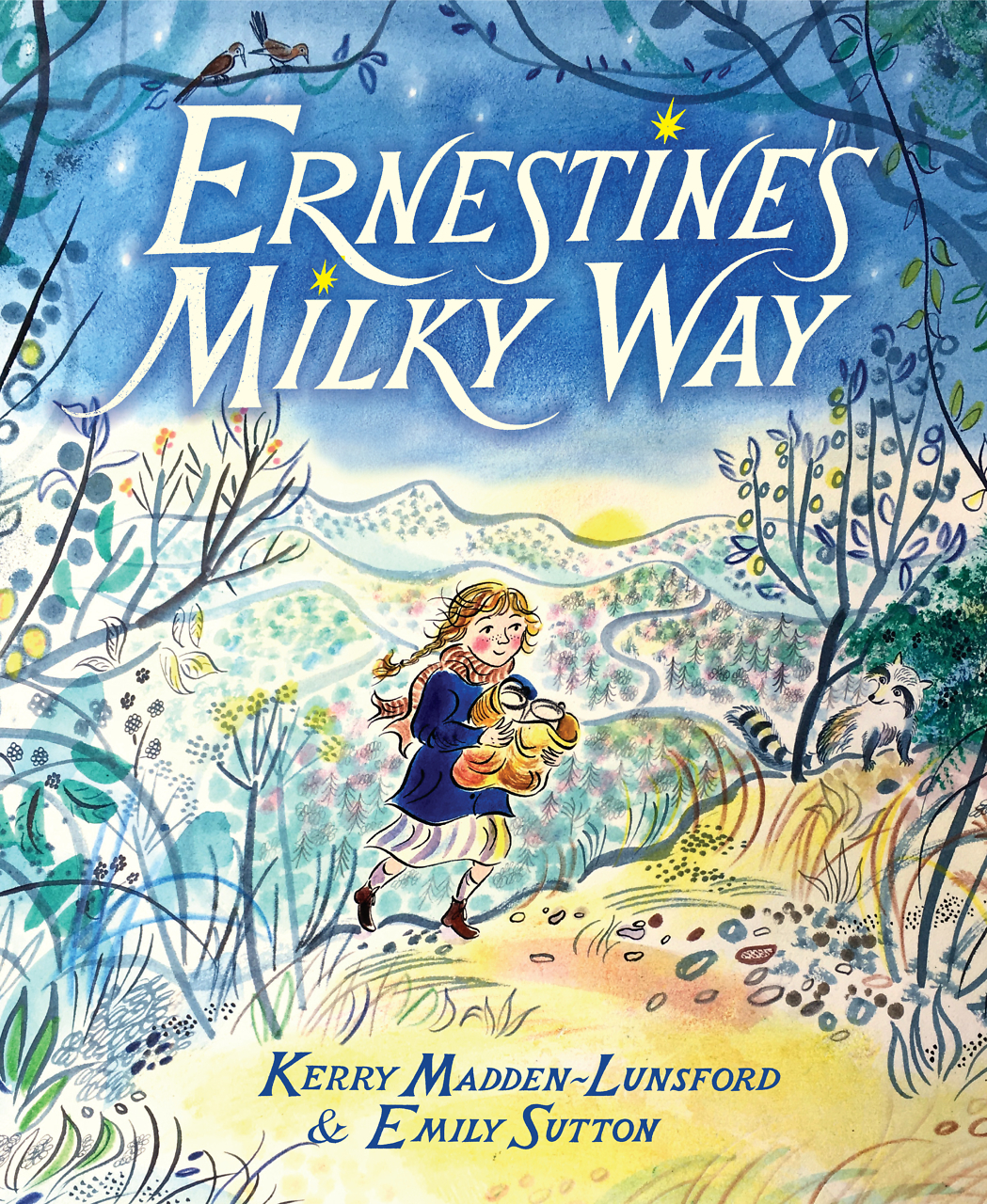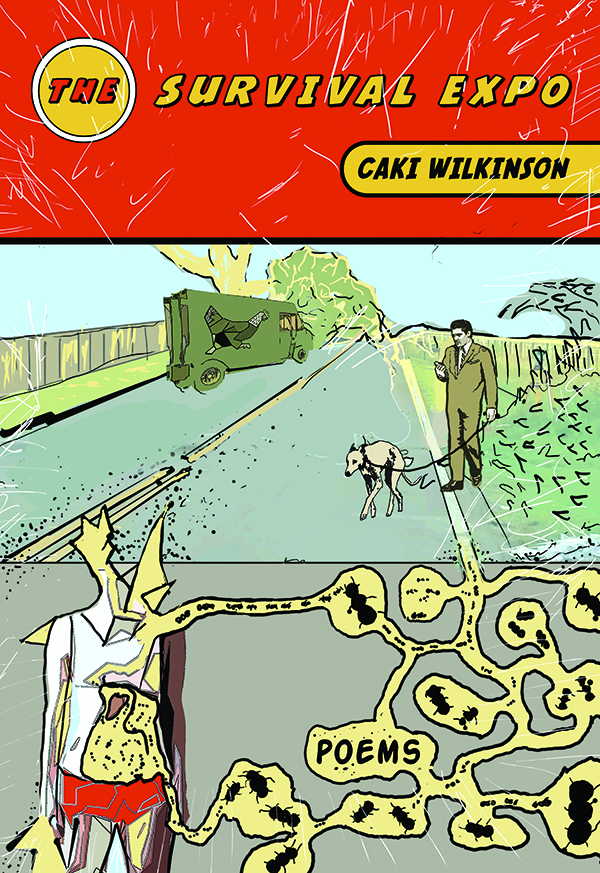Miraculous Subtlety
Ann Beattie talks with Chapter 16 about the literary wizardry of Peter Taylor
Peter Taylor remains among the most respected short-story writers but also one of the least read and appreciated—a frequent designee of the dreaded “writer’s writer” label. The advantage of being a “writer’s writer,” of course, is that eventually other writers bring about a revival of work not fully appreciated in its own time. As a champion of Peter Taylor’s restoration—signified by the Library of America’s new two-volume edition of Taylor’s Complete Stories—Ann Beattie has the additional advantage of having known Taylor as a colleague and a friend. Here she shares insights about the brilliance of Taylor’s work and the ways in which Taylor’s own quirks, traits, and obsessions are reflected in his stories.
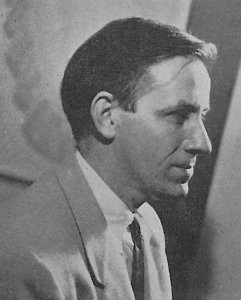
Chapter 16: In your foreword to the new Library of America edition, you observe that Taylor’s reputation in general, and specifically as a master of the short story, has suffered in comparison to others—Eudora Welty, for example, who was his contemporary and is also remembered first for her short stories. You offer a few possibilities for this omission: the fact that Taylor wrote only three novels, with a three-decade gap between the first and the second and the third appearing only two months before his death; the complexity of his themes; the mixed bag of the “Southern Lit” label. Do any of these possibilities strike you as the most likely reason? Do you think a Peter Taylor revival is possible in the current academic and literary landscape?
Ann Beattie: I thought hard about why Peter Taylor never had the acclaim he deserved. I do think that what I said offers some perspective, but it bothered me to write it (of course, since I so admire him, and he is such a singular talent) because every time you state a negative, it becomes a positive merely by being stated. And as a writer myself, of course one doesn’t want to dwell on the lack of acclaim other writers have sometimes rather inexplicably received.
Let me add another thought to what I said, though I do stress that I am guessing: Peter was not a self-promoter. Even though things have tipped so far in that boring direction now that it’s expected, Peter was modest and hard-working, and I also think he believed more attention would eventually come to his work. And, in fact, it certainly did. Not everyone wins the Pulitzer.
The short story as a genre was not so usual when he was writing as it is now. (Obviously, the proliferation of M.F.A. programs has had an effect.) Even though short stories have always been liked and read, to a greater or lesser extent, Taylor was unwilling or unable to 1) deal consistently with an agent; 2) write in a way that did not depart hugely from the form as it was then known (much to his credit, of course, though in not fitting in, a writer always takes a risk); 3) stay in one place very long; 4) in any way want to eclipse colleagues and friends who were also extremely talented. So maybe he didn’t take every opportunity he should have [to promote his own work], but such things are always easier to see in retrospect.
After I’d finished the introduction, I talked to a friend (who also won the Pulitzer), and I said—with a bit of hesitation—that being circumscribed within the “Southern writer” category probably hadn’t helped Peter. Her reaction was instantaneous: “That was the biggest factor! They still look down on Southern writers.” I certainly think a revival is possible and even probable, but we aren’t talking about this happening within the often-dull churning of American literature; it’s more likely it would begin in the academic world (where, you’ve got to admit, there are many keen readers, which is what he requires) and spread.
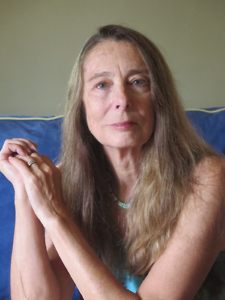
Chapter 16: You did not study with Taylor but knew him as a colleague at the University of Virginia. Could you comment on what you observed or learned about his writing from knowing him personally and from his reputation as a teacher?
Beattie: I know that technically we were briefly colleagues, but this is like saying to a fly, “Did you enjoy your time on the collie dog’s snout?” Not trying to be falsely modest here, but I was twenty-five! I had no books in print when he and I met. I had, in fact, been hired to (in a way) replace him, as he’d gone back and forth between the University of Virginia and Harvard for some time, and he was getting older, his health wasn’t excellent, and he always pretended—I suppose even to himself—that he wasn’t peripatetic. He convinced U.Va. they’d be losing him to Harvard. It was then left up to him and John Casey (who has always done so much for me) to find somebody (or, I suppose, not to).
An anecdote: I don’t remember her name, but there was a very talented Southern writer that both Peter and I apparently taught at the same time. I saw her beaming in the hallway one day and stopped to see if any of that smile could rub off. She told me she had just discussed her story with “Mr. Taylor.” It was the same story I’d been so confused by, I’d had to read it three times: obvious talent, but it was all over the place. “What did Mr. Taylor say?” I asked. Long pause. “He bought me a Coca-Cola,” she replied.
Chapter 16: Readers unfamiliar with Taylor’s biography may be surprised to discover his close relationship with the poet Robert Lowell. In your view, how did this friendship influence Taylor’s work?
Beattie: In partial answer to this question, let me say that people Peter and I knew in common have said that they just plain didn’t like Lowell because of the way he treated Peter. Lowell was not the only puckish or unkind “friend.” Here’s Peter himself: “[Lowell] would resent my friends. He was jealous of them; they weren’t anybody as far as he was concerned. He was like my father, who my wife [Eleanor Ross Taylor] always said couldn’t accept a present. Lowell didn’t know how to respond, didn’t want to be on the receiving end. He was a great egoist. But he was very generous as far as I was concerned, so I didn’t care about it.” Hmm. I never knew Peter not to care how others were treated, as long as he was treated well. So I don’t quite take the statement at face value. And I do note what Eleanor was implying.
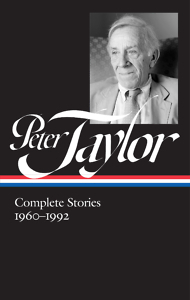 Chapter 16: You mention the frequent comparison of Taylor to Anton Chekhov but also suggest other comparisons and influences: Hemingway, Henry James, Freud. Could you elaborate on how Taylor’s interest in psychology, and particularly in dreams, carries over into his stories?
Chapter 16: You mention the frequent comparison of Taylor to Anton Chekhov but also suggest other comparisons and influences: Hemingway, Henry James, Freud. Could you elaborate on how Taylor’s interest in psychology, and particularly in dreams, carries over into his stories?
Beattie: I can’t generalize about two writers who wrote such very different stories, but when I see the brilliant gesture Chekhov makes, for example, in “Gusev,” I assume that Peter—that any writer—would also think it was brilliant, but that way of using and altering perspective just wasn’t Peter’s sensibility at all. It’s interesting to think about only the visuals in both writers and see, also, how they depend on them, but how they use them to very different effect. And things like that mark the difference between writers, ultimately, as I see it.
Let me answer, partially, the rest of your question—first of all, by a disclaimer, which is that I’m not a skilled Freudian. In an interview in Conversations With Peter Taylor, Peter gives a long and eloquent reply to a question that I still can’t decide about. Meaning I have to assume that even if he didn’t know what he was doing when he began what was to become a trope, he would have had to catch on before his thoughts concluded. But maybe I’m wrong. Or maybe I’m underestimating his sense of humor.
Writers love to put people on. Peter even put on Robert Lowell though, admittedly, Lowell was in mid-breakdown: “So the next morning I went down there to the jail … and [Lowell] said, ‘Let’s get down here and pray together and get out of this place.’ And I said—because I was scared—’Cal, I never could pray in the same room with anybody.’ So I went into the next cell and we got down on our knees and prayed in adjoining cells. But then time went on and they changed guards …. .” It’s easy to see the joke(s) upon the joke(s) there—even the ultimate joke, which is still to come—so I won’t belabor the point.
Still, whatever it is, and whatever motivates it, Peter goes on at length to speak metaphorically about his landscaping: “I like to do landscaping” can certainly be read as “I like to create/write,” and it can also be read as a kind of metaphor, or stand-in, for the unconscious and the dream state, itself—taking the “language” of dreams and making it super-elegant. “On the last place I had I built three ponds, one spilling into the other—18th century style. And that’s what I’ve done to this place. It’s got great boulders on the side of the hill, rocks as big as this room. And it’s very beautiful. I was even building an imitation graveyard … .” Astonishing!
Chapter 16: Distracted by Taylor’s felicity with language and his delicate and enigmatic depictions of the Upper South, readers might find it surprising to learn the extent to which Taylor employs the conventions of the Gothic. Could you comment on this influence?
Ann Beattie: He was ahead of his time. He looked backwards (Poe and Hawthorne), but he would probably have been quite delighted, even if perversely, if he’d been around to read graphic novels. While I don’t mean to say he used exaggeration for mere laughs, again I have to say that he was a prankster, and he knew very well when he was being extreme. Both extremes, in writing, hide things. Who wouldn’t want to do that, if they were capable of miraculous subtlety?

Ed Tarkington’s debut novel, Only Love Can Break Your Heart, was published by Algonquin Books in January 2016. He lives in Nashville.

